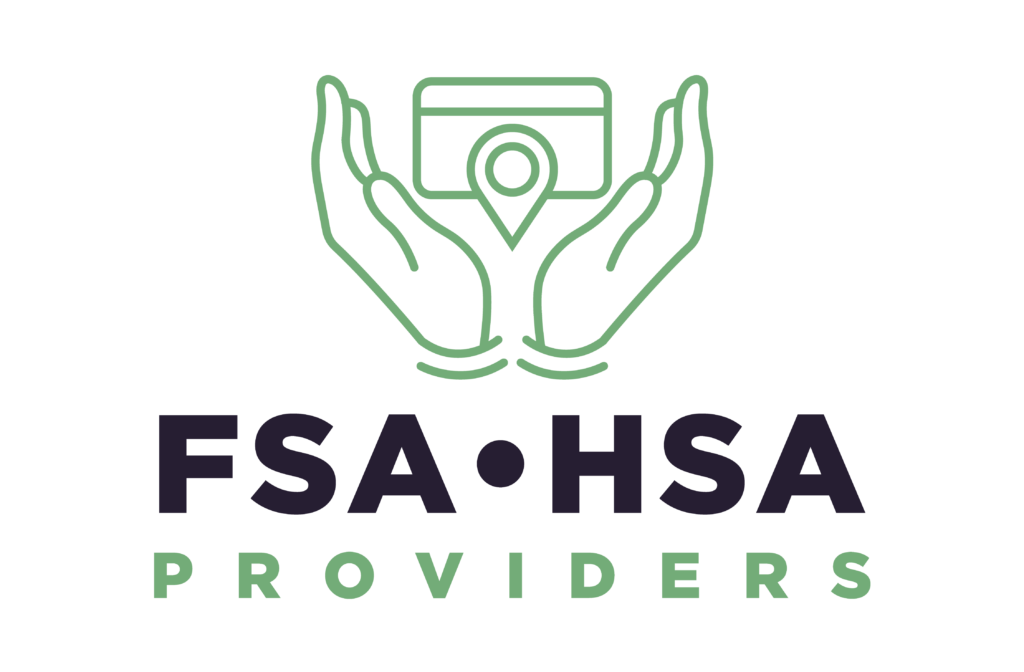Flexible Spending Accounts (FSAs)
What is a Flexible Spending Account (FSA)?
Last Updated: June 3, 2025A Flexible Spending Account (FSA) is an employer-sponsored account that lets you set aside pre-tax money from your paycheck to use on eligible expenses. The two most common types are Health Care FSAs (for medical-related expenses) and Dependent Care FSAs (for childcare or dependent adult care expenses). FSAs are sometimes called “flexible spending arrangements.” They...
How FSAs Work
Last Updated: June 3, 2025An FSA is funded by setting aside a portion of your paycheck before taxes are taken out. You decide during your open enrollment period how much to contribute for the year (up to the IRS limit). That annual election is then deducted in equal installments from your pay throughout the year. The key benefit is...
FSA Eligibility
Last Updated: June 3, 2025FSAs are available only if offered by your employer as part of your benefits; self-employed individuals generally cannot have an FSA. You don’t need to be enrolled in a specific health insurance plan to have a general Health Care FSA – any benefits-eligible employee whose company offers an FSA can participate. (However, note that if...
FSA Contribution Limits
Last Updated: June 3, 2025The IRS sets a limit on how much you can contribute to an FSA each year (adjusted annually for inflation). For a Health Care FSA, the limit for 2025 is $3,300 per employee (up from $3,050 in 2024). If you’re married and both spouses have separate FSA plans at work, each can contribute up to...
FSAs and Taxes
Last Updated: June 3, 2025Tax Benefits With an FSA, contributions are pre-tax This means you do not pay federal income or payroll taxes on the money you put in. This saves you roughly 20% to 40% on each dollar (depending on your tax bracket) compared to paying out-of-pocket with after-tax money. Withdrawals are tax-free as well, as long as...
FSA Rollover and Portability
Last Updated: June 3, 2025“Use-It-or-Lose-It” and Rollover Rules One of the biggest differences between FSAs and HSAs is that FSAs are generally subject to a “use it or lose it” rule. Funds in an FSA typically must be used within the plan year, or else you forfeit the leftover money. However, employers have options (per IRS rules) to alleviate...
